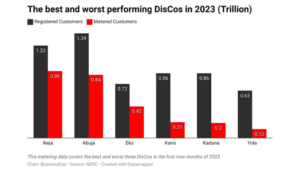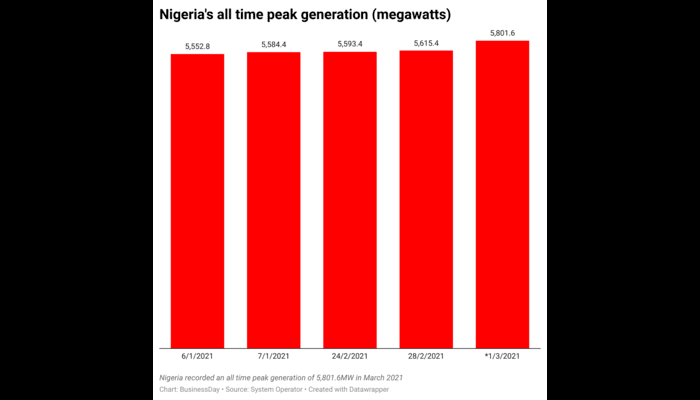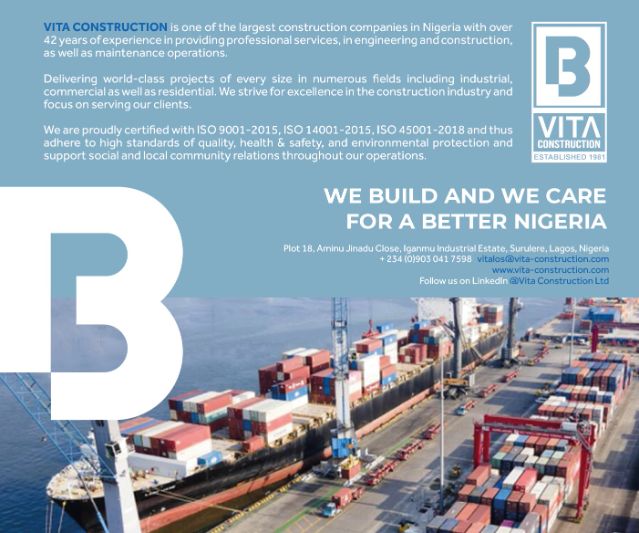The government led by President Bola Tinubu is strategizing the deployment of commercial electric buses to address transportation challenges exacerbated by ongoing inflation. However, the initiative faces hurdles due to the cost involved and the country’s vulnerable power grid.
While the government officially announced this plan after the climate change conference in Dubai last year, experts suggest the decision to adopt electric buses is more about affordability than climate change mitigation.
The government aims to introduce 100 electric buses initially, with a future expansion to 1,000. Despite the potential benefits, challenges loom large, including the struggle to ensure a stable electricity supply to power the buses and concerns about the high deployment costs, which may jeopardize the project’s long-term viability.
Adewale Adetugbo, President of Growth at Sentient Networks, dismisses the business case, citing the high upfront costs of electric buses compared to diesel-powered ones. For instance, an average 40-foot diesel transit bus costs around $500,000, while an electric bus is priced at $750,000.
The estimated cost for 100 electric buses in Nigeria is $75 million, equivalent to ₦66.89 billion, using the official exchange rate. Scaling up to 1,000 buses raises the cost to $750 million (₦668.92 billion), excluding additional expenses like shipping, customs clearance, and logistics.
Concerns are also raised about the government’s budget allocation, as the funding for the 100 electric buses is not reflected in the Ministry of Transportation’s proposed 2024 budget of ₦46.6 billion.
The challenges extend to Nigeria’s power infrastructure. With a total installed grid power of 13,000MW and peak generation at a mere 4,842MW, electric buses face the hurdles of low power generation, insufficient distribution, and frequent grid collapses.
Research indicates that the increasing demand for electricity to charge electric vehicles poses strain on the country’s grid, requiring significant investment in infrastructure. The limited range and battery life of electric buses also pose operational challenges and higher maintenance costs.
While some states, including Borno and Lagos, have shown interest in electric buses, the overall success hinges on addressing these challenges. Kelvin Emmanuel, CEO of Dairy Hills Ltd and an energy expert, emphasizes the need for government facilitation rather than direct involvement in business, suggesting a role in supporting the private sector to establish mobile charging points and deploy electric buses independently.








